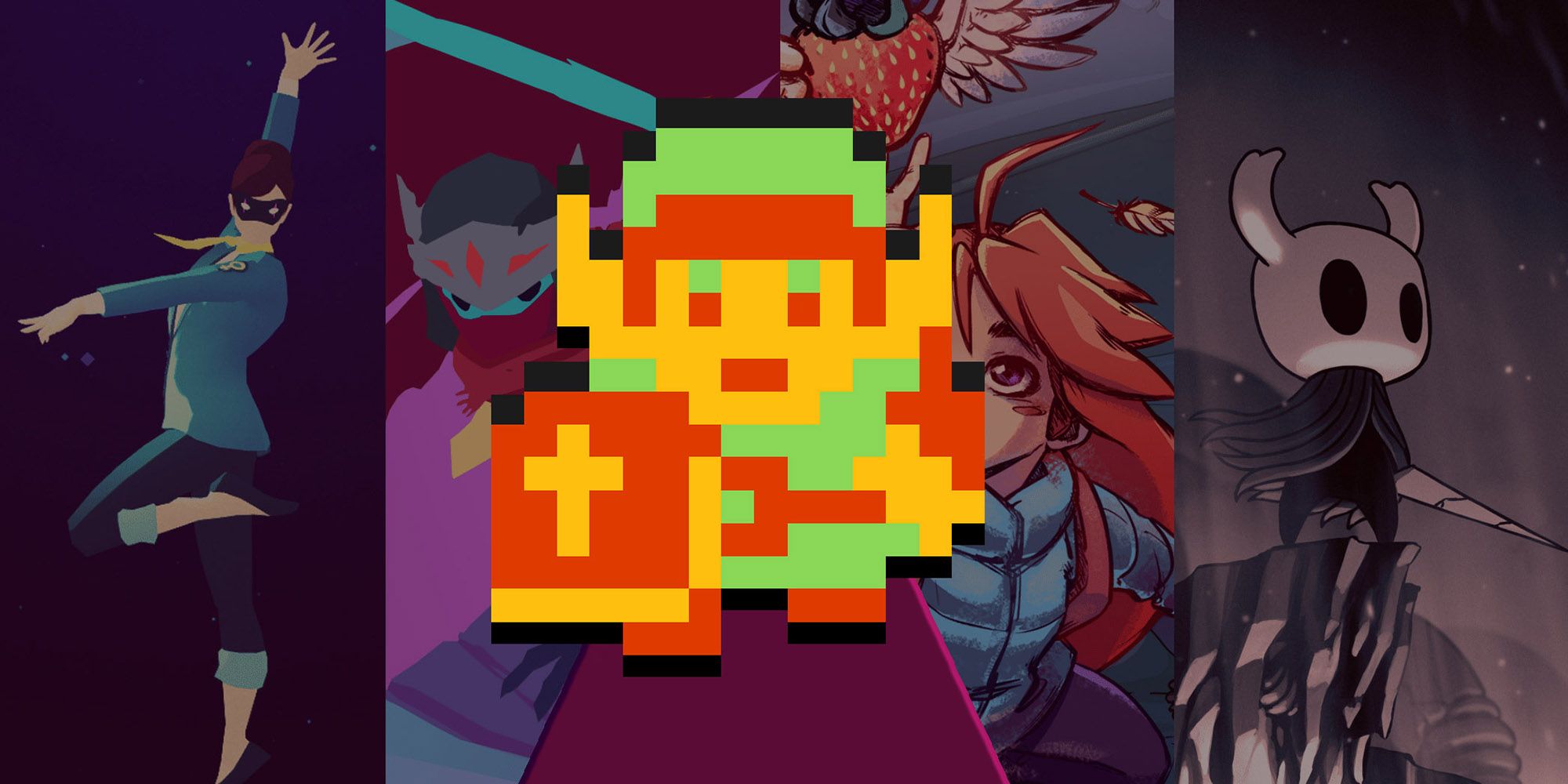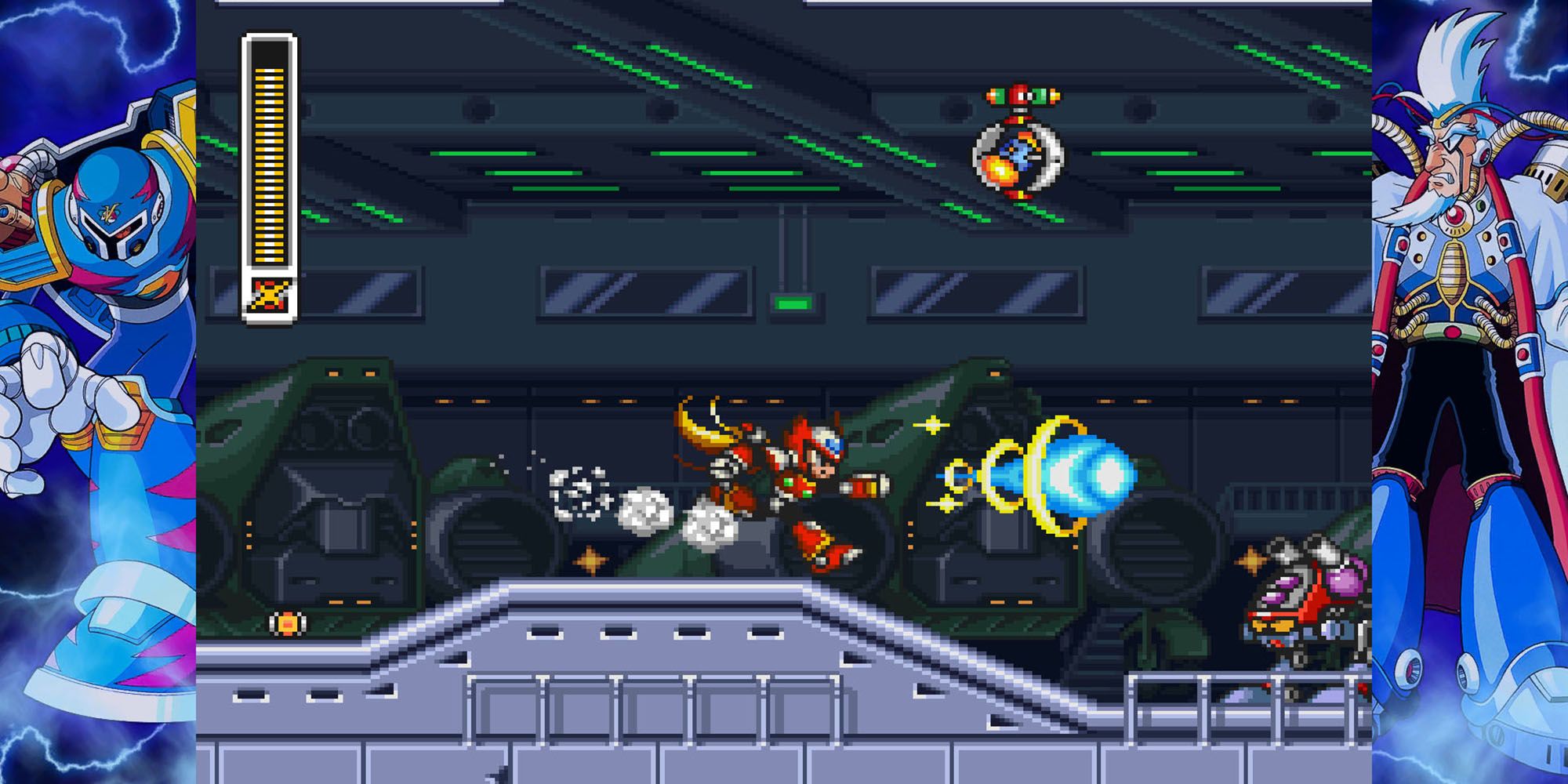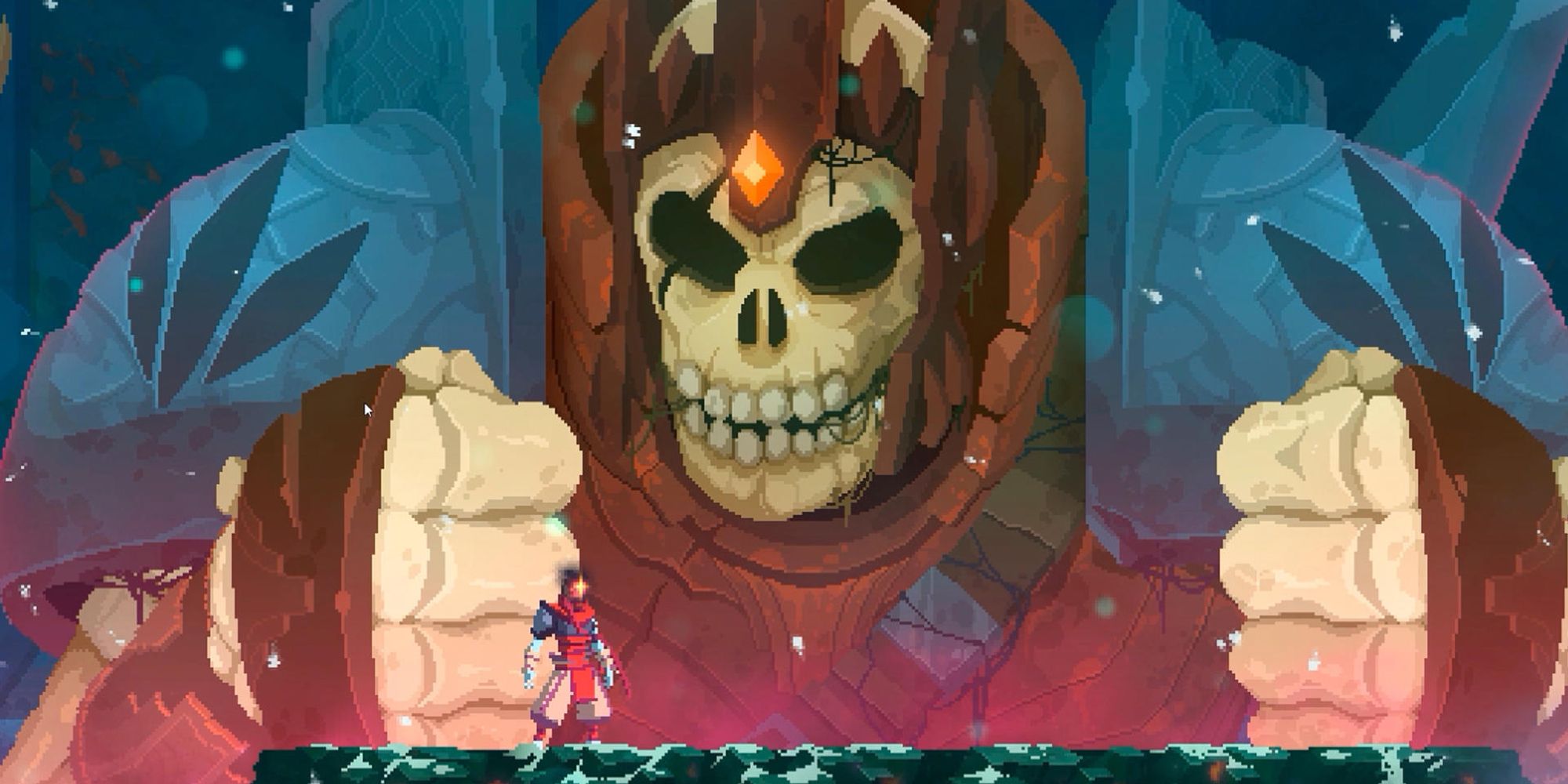There are tons of indie titles on the market. Some are innovative with new gameplay concepts, while others build upon the foundations of beloved classics with a new twist. With big companies doing so many reboots these days or iterating on a particular style they're known for, it's important that indie developers are out there keeping gaming fresh with new ideas. However, these studios also play an important role in preserving classic and retro games by representing them in their own way.
There are plenty of indie games mimicking favorites like Legend of Zelda, Streets of Rage and Mega Man. Metroid and Castlevania even have their own term, Metroidvania, to describe indie games with similar explorative gameplay. Long-standing kings of their genre like Pokémon are getting indie versions too. This keeps these classic games' legacy going.
There's at least one generation of gamers out there who have never played titles from the golden era of Super Nintendo, Sega Genesis, or even the original PlayStation. They've missed out on the humble beginnings of what are now major franchises from giants like Konami, SquareSoft, Rare and more. While the modern gaming world is better than ever when it comes to gameplay and quality of life upgrades, there's something to be said for the original titles. However, growing up with systems like GameCube or PlayStation 3, it's hard to pick up older games with their simple gameplay and higher difficulty level. This is where indie titles are picking up the reins and introducing the younger audience to classics in their own way with modern innovations.
Games like Hollow Knight or Axiom Verge are fantastic spins on Metroid. There's a clear connection to that classic franchise, and even though these indie revivals may be somewhat difficult, they're much easier to pick up for younger gamers. The Messenger does a great job representing Ninja Gaiden, a notoriously difficult game even for those who grew up with it, but The Messenger has plenty to give players an advantage, like better level design and quick saves.
Undertale has Earthbound's quirkiness and unusual playstyle, but is still its own experience and is enjoyed by many. Even Stardew Valley, a hugely successful game, has its roots in Harvest Moon. By building on classic foundations, these games are bridging the gap between new players and gaming history. The fact that many of these titles are easily available helps too.
We live in a digital age where physical media is becoming more difficult to get a hold of whether it's because of price or limited quantities. Retro games are affected by this since they are out of production or because collectors want an original copy not a reproduction. Repo carts, as they're called, can be pricey or limited too. While many indie games don't see physical copies, they are always available digitally somewhere, whether on console or PC. It makes them easily accessible and cost-effective compared to classic titles.
Remakes are fantastic ways to bring new players to old titles, but not every classic works as a remake – just look at the niche Trials of Mana. Games that don't work as remasters or remakes live on through passionate indie developers re-imagining classics in new ways and improving on mechanics that may have been annoying in the originals. In their own way, they're preserving gaming history by evolving old titles and bringing them to new players.



